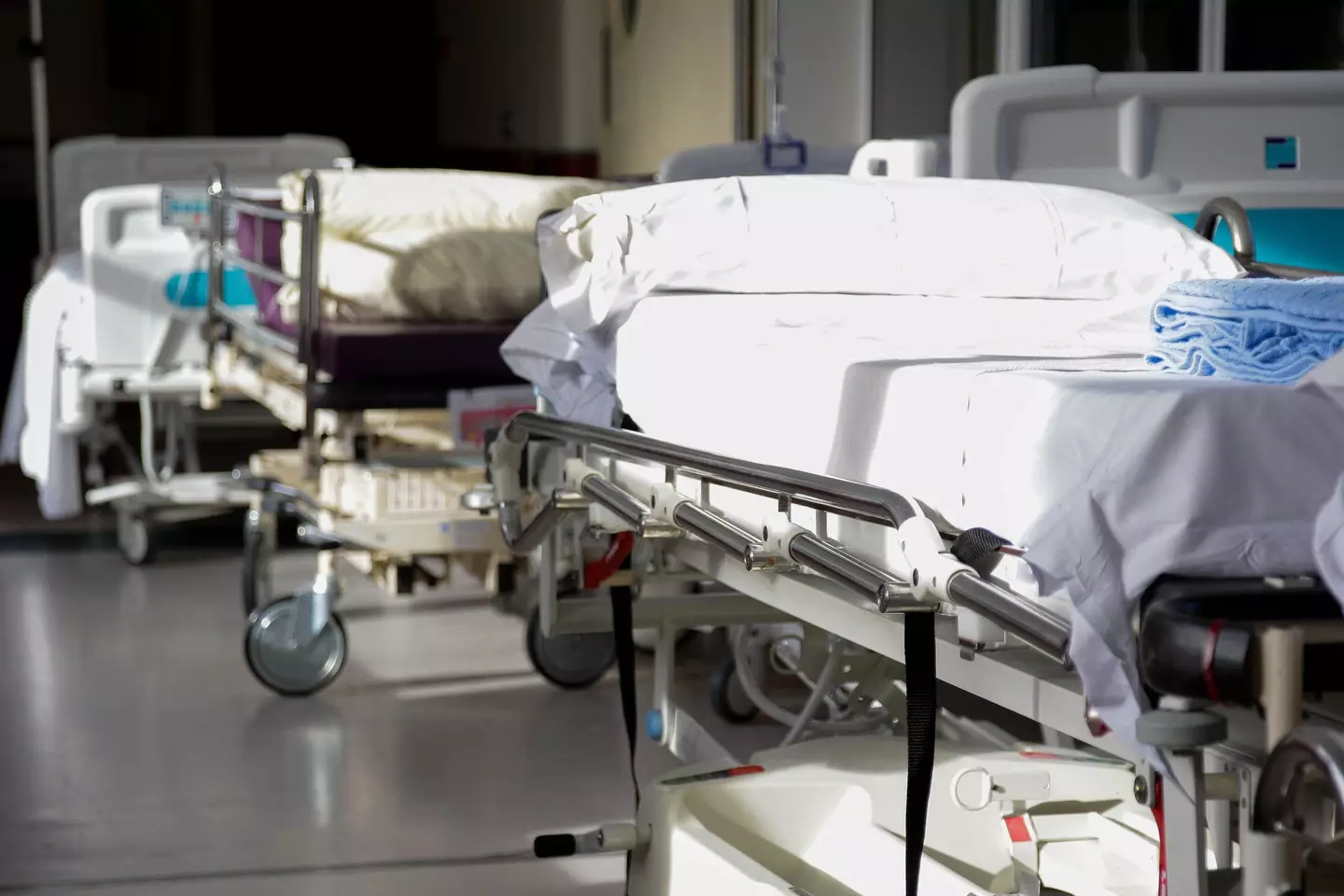
Many of us don't like to think too much about death and what actually happens when a person dies.
After all, there's so much unknown surrounding death and it's pretty unsettling to dwell on.
.jpg)
But if you've ever found yourself being curious over what happens when a person passes away, scientists now have more insight than ever before.
Advert
A YouTube video shared by Gregory Brown via AsapSCIENCE recently looked at a series of studies on death.
Gregory explained that researchers had been studying the brains and bodies of dying people to find out what it actually feels like.
Apparently, there are a few different stages of death that take place before a person actually passes away.
Relaxation
The first stage of death is 'relaxation' which is apparently the beginning of 'active dying'.
During this stage, people lose their appetite for food and water, due to an 'intense feeling of relaxation'.
"You will likely only be capable of handling small spoonfuls of food and water," Gregory explained.

Extreme fatigue and unconsciousness
Some 72 percent of patients in this stage of death reported 'pre-death dreams' involving reuniting with those who had previously died.
Meanwhile, 59 percent dreamed of getting ready to travel and 28 percent reported dreaming of 'meaningful experiences' with loved ones.
Gregory noted that at this stage, a person is mostly asleep and may even be dipping into unconsciousness.
Seeing light
We've heard people talking about 'seeing the light' during near-death experiences, but what does this actually mean?
Gregory said that brain studies on rats showed that a dying brain's 'lack of inhibition causes the visual brain system to fire' which could explain why people report seeing some sort of light.
This phenomenon has also been found in human studies, too.
Loud breathing
You might have heard of something called the 'death rattle' which occurs when a dying person is no longer able to swallow, cough, or clear saliva from the back of the throat.
Although it sounds rather disturbing, Gregory explained the person feels no distress during this time.
Brain surging
Gregory explained that when scientists looked into the brains of rats who had died from cardiac arrest, they found that certain brain regions 'surged' with 'synchronised gamma rays' at a level similar to when the rats were engaged in 'high level cognitive activity'.
Turns out, humans also suffering from cardiac arrest had a similar experience.
Those who survived reported events such as feeling as though they were separating from the rest of their body; evaluating their lives and assessing their behaviour towards others throughout their lives.
Others reported being able to access 'stored memories', while some said they felt that they were dying but also had a sense that they were going towards a place that felt like home.
